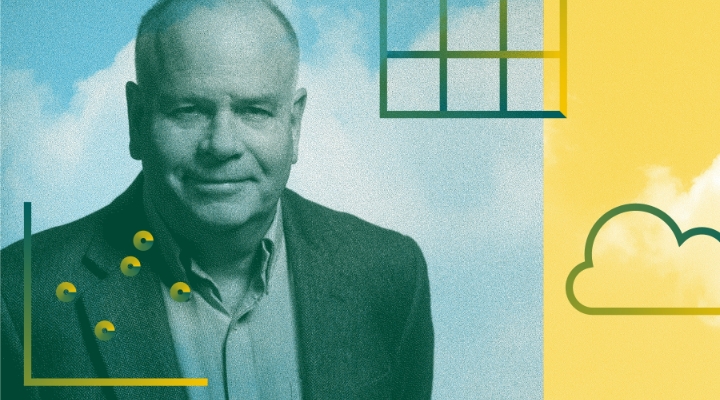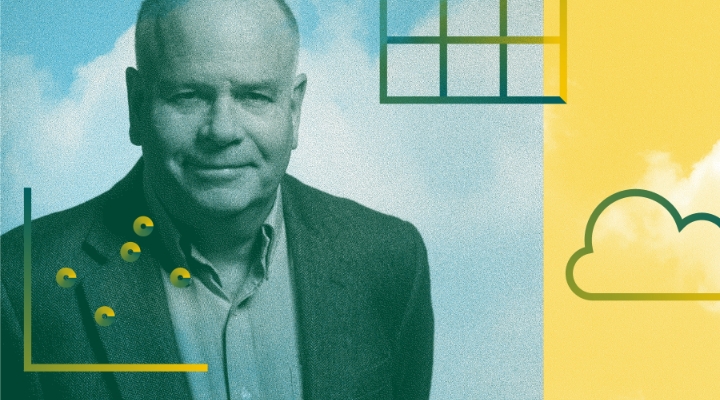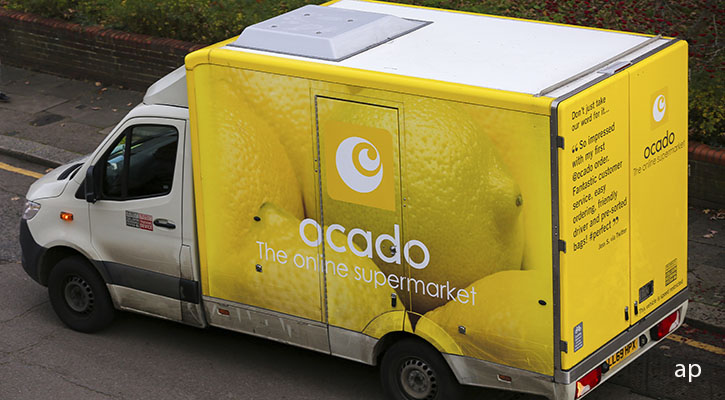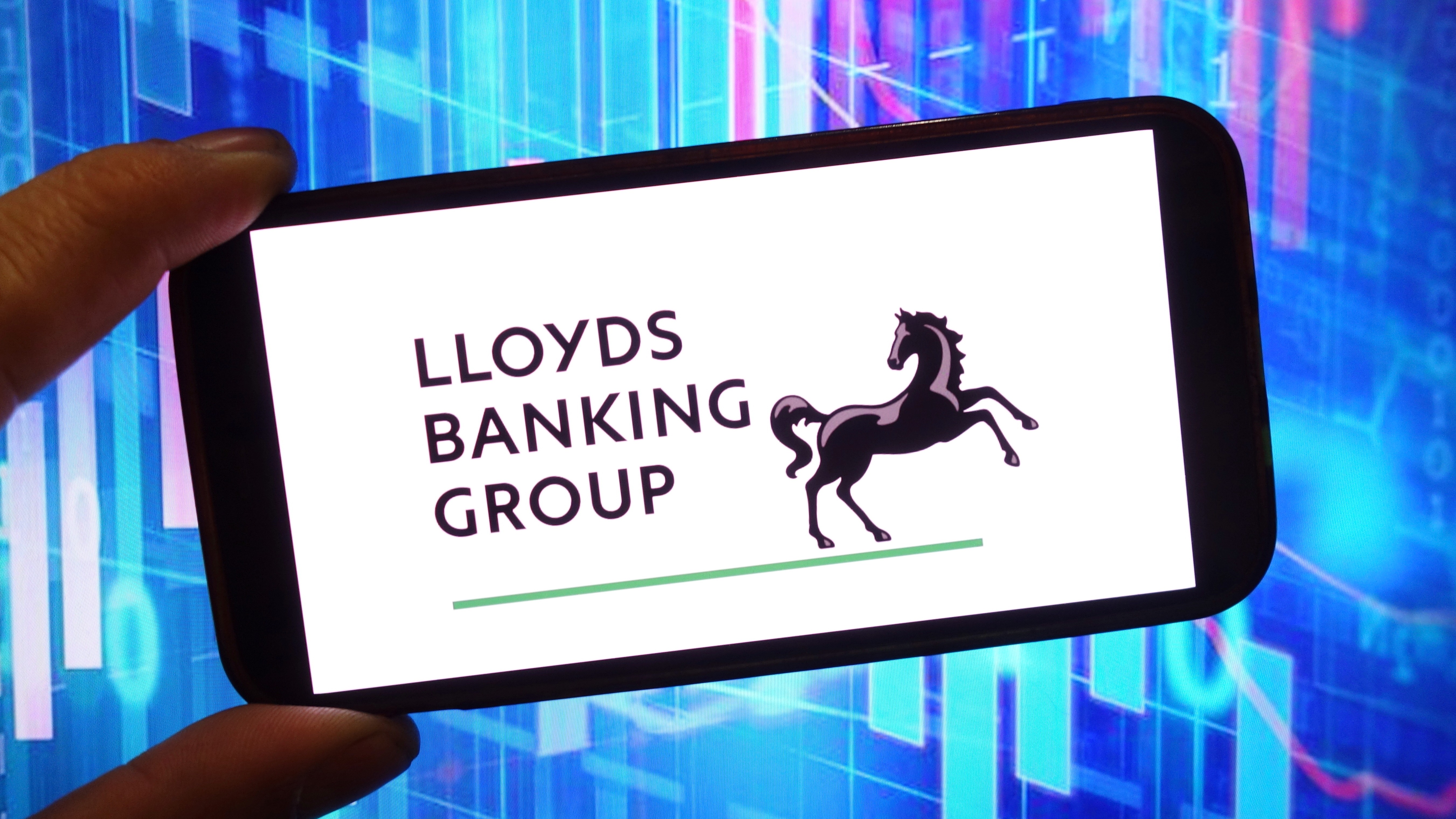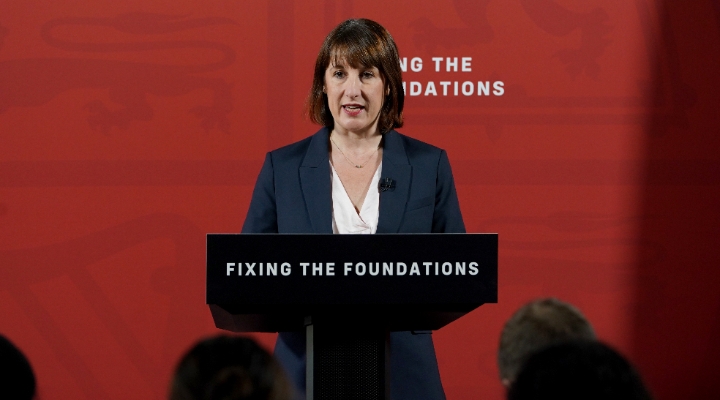1. He's in the News Again
Yet more drama in the Twitter takeover saga. Elon Musk tweeted the deal is "temporarily in hold" subject to confirmation about fake and spam accounts. Twitter shares, which never got that close to Musk's $54 per share offer, plunged. Short sellers had started to circle around Twitter even before May 13's news, with the idea that the world's richest man may just be overpaying for a company that hasn't exactly prospered in the biggest tech bull run of all time - and that's setting aside all the moral questions about hate speech, extremism etc. One wag predicted during the Twitter takeover battle that the only two people left on Twitter will be Musk and Trump retweeting each other's awful takes. That's some dystopian vision.
2. Are Most CEOs Terrible People?
And speaking of Twitter. This week, we had a look at how Morningstar rates funds and their managers. And with some very controversial takeovers and reports of late, it felt timely to ask; what if we rated CEOs? Would any of them show strong leadership skills or would controversies drag them down into negative territory? Some of the main factors we look at for a successful fund manager is relevant experience, strong processes, number of other responsibilities and team turnover. And to no one’s surprise, being the CEO of three companies does not bode well, but having multiple ethics, practices and policy controversies doesn’t seem to stick that well if you remain innovative and in control of your board.
3. UK plc Tumbles, Economy Contracts
The Office for National Statistics posted its GDP numbers for March, and with living costs and inflation soaring to new heights, the economy shrank by 0.1%. The number also cements fears over a recession, which the Bank of England predicted when it announced its rate hike last week. So where are we currently at? Inflation is predicted to hit 10% this year, interest rates are now at 1% (highest since the financial crisis), and UK households are seeing their income reduced in real terms. That said, we’re not quite at the recession stage yet. The ONS also revealed that real GDP increased by 0.8% in Q1 and is estimated to be 0.7% above pre-covid levels. But, as one expert said last week, any action at this point only resembles “shuffling deck chairs on the Titanic”.
4. SoftBank’s Vision Funds are Having a Shocker
You may have heard of SoftBank, the world-famous investment company that has backed companies like Alibaba, WeWork and Uber through its Vision funds. Well, as tech and growth valuations have dived, the company has reported a record loss of $27.5 billion over the past year, and as a result, CEO Masayoshi Son has had to pledge to changing his strategy. The fund will be “taking defense” by scaling down on frivolous investing, using stricter criteria for new investments, and focusing on improving returns from its portfolio companies. Some experts also believe the fund will focus on share buybacks. The stock took a dive following the announcement but has since bounced back – but the company is still down 11% so far this year.
5. Is Winter Coming?
Crypto sceptics (or those who missed out) may be rubbing their hands with glee as the wheels appear to be coming off the latest stage of the crypto bull run, which peaked in autumn 2021. The trigger, rather than a regulatory intervention, appears to have been due to a “stablecoin” meltdown. These coins are supposed to allow easy movement between “cash” and crypto and are a (very notionally) pegged to the dollar. They’re not used for speculation and are supposed to trade as close as possible to $1. One of these, TerraUSD, was delisted from exchanges on Friday, while the biggest of them all, Tether, dipped below $1. Some of the newer coins like Solana, one of the best performers last year, also took a bath.
Moreover, shares in NYSE-listed crypto exchange Coinbase are down nearly 50% over five days after an earnings miss – but what spooked investors is fears that their coins could be vulnerable if the company folds. Its founder, Brian Armstrong, attempted to reassure investors – he’s also taken a hit to his wealth in the market shakeout but is still a billionaire (phew). Whether the “crypto winter” is contagious is the big question – I thought Bitcoin was supposed to be a hedge against general market volatility?
6. Sporting Goods
BT’s foray into sport, an area occupied by Sky, in 2013 was either foolhardy or a brave attempt to reinvent the former telecoms monopoly. It’s picked up many subscribers along the way, particularly for “crown jewel” events like the UEFA Champions League, which has heavily featured English teams in recent years. But broadcasting rights are not the goldmine they used to be – and competition from the likes of Amazon is intense – so BT Sport was put up for sale in 2021. This week BT announced a joint venture with Warner Bros Discovery, which owns Eurosport, home of cycling and tennis. WBD could buy out the rest of BT’s stake in the future, making it the full owner. Investors may be relieved by this move as it allows BT to focus on its core business and on the rollout of full fibre to the entire UK.
7. The Road is Long
Bitcoin and Peloton aren’t not correlated of course but they are both “narrative ideas” that caught investor’s imaginations during the pandemic. Peloton shares peaked at $162 in December 2020, but now change hands for $13 (the IPO was priced at $29 per share). Peloton’s internal problems have been widely publicised and investors who stayed on the treadmill were desperate for some easier terrain under new boss Barry McCarthy. But he scotched any idea of an easy turnaround in the latest Q1 results, which showed a $757 million loss (it was $8.6 million in Q1 2021). Shares are off 61% this year and 18% over the last week as investors fret over the company’s cash position, inventory and plans to raise its prices. But there are some contrarian voices among analysts – Citi’s Ron Josey argues that the company has a track record in innovating in the “connected fitness” market and could yet surprise naysayers (he told Yahoo Finance Live).
8. Oil Not iPods
In the most symbolic of shifts between growth and value stocks, we have a new leader in town. Apple has officially been dethroned as the world’s most valuable company by no other than oil giant Saudi Aramco. With soaring oil prices and embargos on Russian supply it’s no surprise that Aramco’s valuation has been heading ever upwards, and so far this year, the company is up 27% with a valuation of $2.43 trillion on Wednesday. Meanwhile, the tech selloff has taken a big bite of Apple – and no, it’s not because it’s discontinuing the iPod (rest in peace). The company briefly hit a $3 trillion valuation, but since then, shares have crumbled by 20% and on Wednesday, the company was worth $2.37 trillion.
9. Location-Neutral Working
The boundaries between workers and employers continue to shift as we put the pandemic behind us. To call it a power struggle may be sensationalist, but there’s definitely some push and pull going on and employees are flexing their muscles. Our government has effectively declared a PR war against civil servants via the right-wing media. Not that the Conservatives treat workers like children, but this week they have also launched a crackdown on truancy. Coincidence? But civil servants have fought back, proposing a move to permanent flexible working, including the option to work overseas. “Location-neutral working” is the key phrase here in their proposal. Other HR news comes thick and fast. Unite’s attempts to fully unionise the FCA have hit a brick wall after calling the first strike at the City regulator (Unite represents 15% of the FCA’s staff).
But the GMB union will be celebrating after scoring a win at Deliveroo, as it can now represent its 90,000 riders collectively and in individual disputes. Deliveroo riders will remain self-employed and the GMB agreement is voluntary. GMB National officer Mick said this was a breakthrough for workers in the gig economy. “This is a valuable contribution in making work better and to the future world of work.” In the US, employers have admitted spying on workers during the pandemic, tracking keystrokes, listening to microphones and recording via webcams; but now in New York, Connecticut and Delaware, all popular states for hedge funds, firms need to tell them they’re spying on them. Presumably a law banning companies from doing it at all would be too hard to enforce.
10. Look at the Stars, And What They Do
We can’t even get a consensus on Coldplay among Morningstar UK editors so we understand they’re not everyone’s cup of tea. Their commercial success cannot be disputed, however, which means that, like fellow stadium fillers U2, anything they do will garner public attention (and occasional opprobrium). The cause celebre these days is sustainability and for the bands that means cutting emissions on tours, which generally involve serious logistics and air miles. So Coldplay’s choice of tour partner, Finland’s Neste, looked a smart move.
The company “creates solutions for combating climate change and accelerating a shift to a circular economy”, which sounds right up the average Glastonbury goer’s low emission neighbourhood. But hang on a second. Green campaigners point out Neste is an oil refiner, working with companies that produce palm oil in south-east Asia, a practice linked to deforestation. There was less outcry than when U2 forced its unwitting album on iTunes users, but the episode shows that good intentions can often come unstuck at a time when every public figure’s actions is scrutinised to the nth degree.











